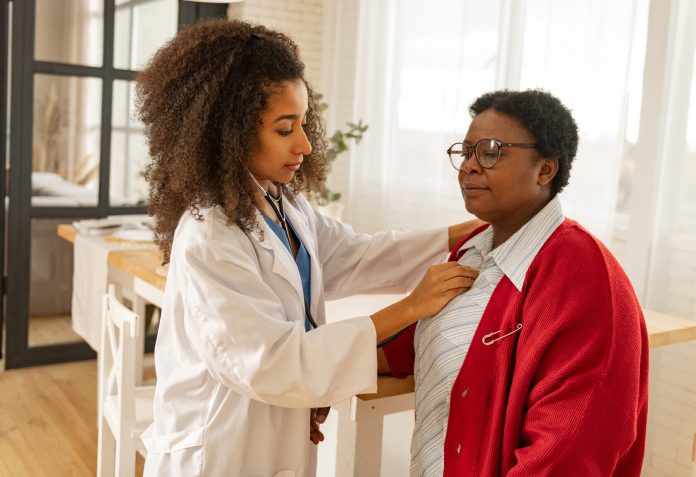Cardiovascular diseases, better known as heart disease, is the leading cause of mortality across the globe, according to the World Health Organization (WHO). This is especially concerning for African Americans as they experience the most inequalities when it comes to access to high-quality heart health care.
In fact, in 2018, African Americans were 30 percent more likely to die from heart disease than non-Hispanic whites. And even though they are 40 percent more likely to have high blood pressure, they are less likely than non-Hispanic whites to have their blood pressure under control.
It’s no secret that racism can play a big part in why African Americans don’t get the health care they deserve. So much so that recently, the CDC declared racism a serious public health threat. So what can non-Black doctors do to close the gap?
During the “Journey of the Heart: Getting Vital Care” session at our recent “Close the Gap” summit co-hosted by Boston Scientific, Paige Bingham, director of Boston Scientific’s Close the Gap, Dr. Evelina Grayver, MD, a cardiologist at North Shore University Hospital, and Dr. Mei L. Chau, MD, a heart surgeon at Montefiore Hospital discussed key steps that non-African American doctors can take to ensure they’re providing vital heart health care to the Black community.
“I help [design] the training program for the heart surgery fellows and it’s important for us create the space to have meaningful conversations about biases, diversity, and racism,” explained Dr. Chau.
It’s also important to raise awareness about the risks that directly impact African Americans, added Dr. Grayver. For example, Black Americans have a higher risk of developing early-onset hypertension. “Being informed can potentially help us better understand how life-threatening conditions require healthcare workers to act with urgency when it comes to communities of color.”
This article is brought to you by Boston Scientific.






